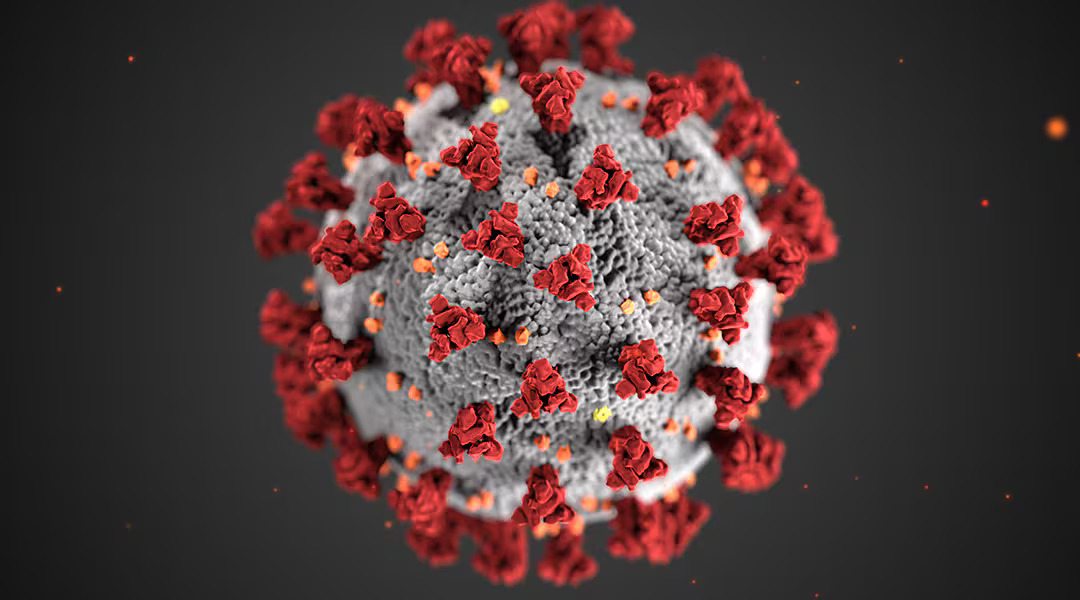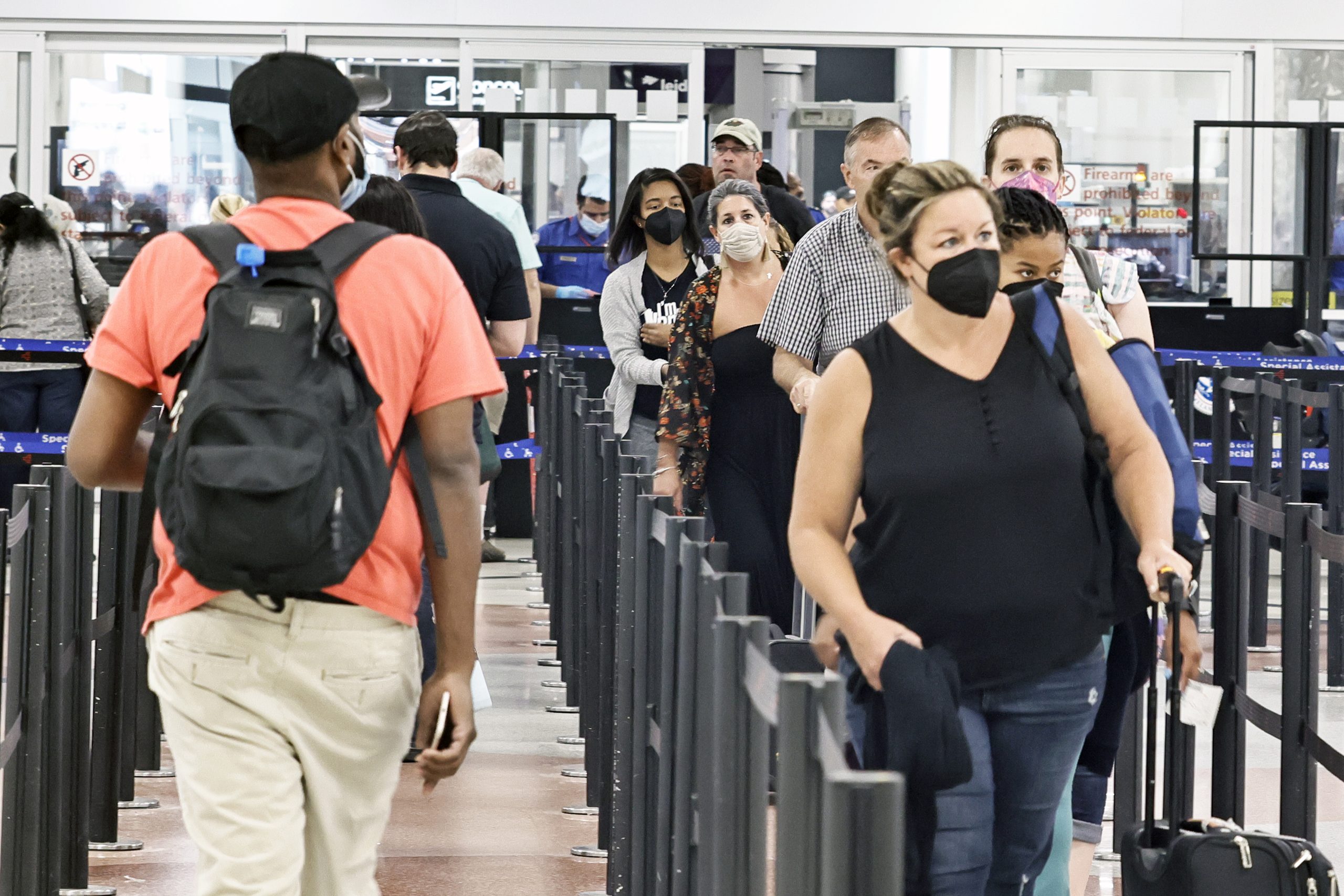A summer surge of COVID-19 infections has disrupted travel plans across the U.S., causing widespread fevers, coughs, and general discomfort. Although many Americans and the federal government have largely moved past the pandemic, the virus continues to mutate, with new variants emerging.
Experts believe this could be the largest summer wave yet, despite the CDC no longer tracking individual case numbers. While the current variants have not been proven to cause more severe illness, there is uncertainty about how the virus might evolve in the future.
Wastewater data from the CDC indicates that viral levels are high across the nation, particularly in the West, with levels significantly higher than this time last year. This method of tracking is now the most reliable due to a sharp decline in testing, driven by both pandemic fatigue and reduced access to free at-home tests since the public health emergency ended in 2023.
Experts point to predictable factors driving this surge, such as increased travel and hot weather pushing people indoors, along with new variants responsible for nearly 70% of current infections.

Vaccines and antiviral treatments have been effective in reducing severe illness, and hospitals are no longer overwhelmed like they were during earlier pandemic waves. However, experts are concerned about the low rates of vaccination and diminished testing, which could allow more dangerous variants to emerge.
The current variants are highly contagious, spreading rapidly and causing mild infections in many people, often without their knowledge due to decreased testing. Vulnerable populations, such as the elderly or those with preexisting conditions, remain at higher risk.
High-risk individuals are still advised to take precautions, such as wearing masks in crowded indoor spaces. Dr. Anthony Fauci emphasized that while society may have moved on, these individuals should still be vigilant.
Hospitalizations have been rising steadily in some regions, which has surprised some experts who had expected the wave to peak earlier. Despite this, much of the public and the government are treating COVID-19 like other respiratory viruses, with a sense of normalcy returning even after infections, such as President Biden’s case in July.
New vaccines targeting current variants are expected to be released in the fall, and the CDC recommends vaccination for everyone over six months old. However, only 22.5% of adults had received the updated vaccine as of May 2023.
While immunity from previous vaccines wanes over time, it still provides some protection against severe illness, hospitalization, and death. Those with healthy immune systems and prior vaccinations are less likely to experience severe outcomes, but the most vulnerable populations remain at the greatest risk as their immunity diminishes.
